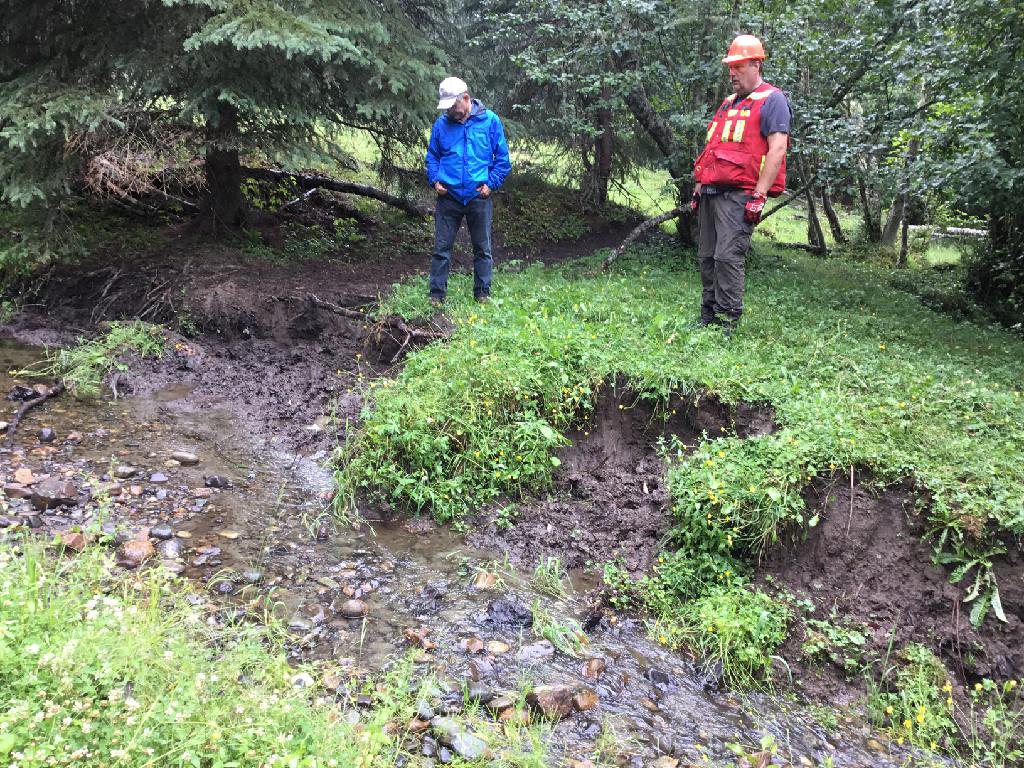
Road sediment causing impacts to fish habitat
VICTORIA – A new special investigation examining how forest and range practices are protecting fish habitat under the Forest and Range Practices Act has been released.
Board investigators examined forest and range practices in five watersheds throughout the province.
“We found that practices, such as maintaining fish passage and riparian management, are quite good,” said Kevin Kriese, chair, Forest Practices Board. “However, sediment from roads was a high risk to fish habitat in three of the five watersheds assessed. The science is very clear that increased sediment in fish streams damages fish habitat. Greater attention must be paid to sediment management in all phases of a road, including design, construction, maintenance and deactivation.”
The board recommends government amend the legislation to ensure a clear and enforceable requirement to minimize the sediment entering streams during road construction, maintenance and deactivation, and that updated guidance and standards for road construction and maintenance be provided to industry.
The investigation found licensees are protecting fish passage at stream crossings, mainly by using bridges and other open-bottom structures on fish streams. They are also retaining buffers of trees along fish streams to provide protection.
The report identifies the main impacts to fish habitat as:
The investigation looked at protecting fish habitat from forest and range practices in these areas:
The Forest Practices Board is B.C.’s independent watchdog for sound forest and range practices, reporting its findings and recommendations directly to the public and government. The board can investigate and report on current forestry and range issues and make recommendations for improvement to practices and legislation.
Contact:
Darlene Oman
Communications
Forest Practices Board
250 480-8594
